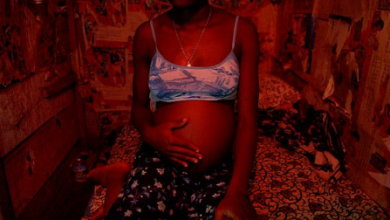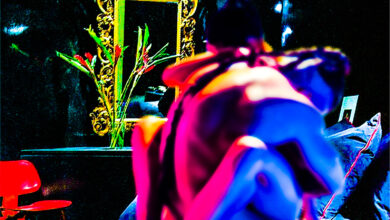How eyeglass-dependent people make the best out of their situation in fashion
Up to 23 colours and 29 designs are available to the vision-burdened demography who want to switch up their style.
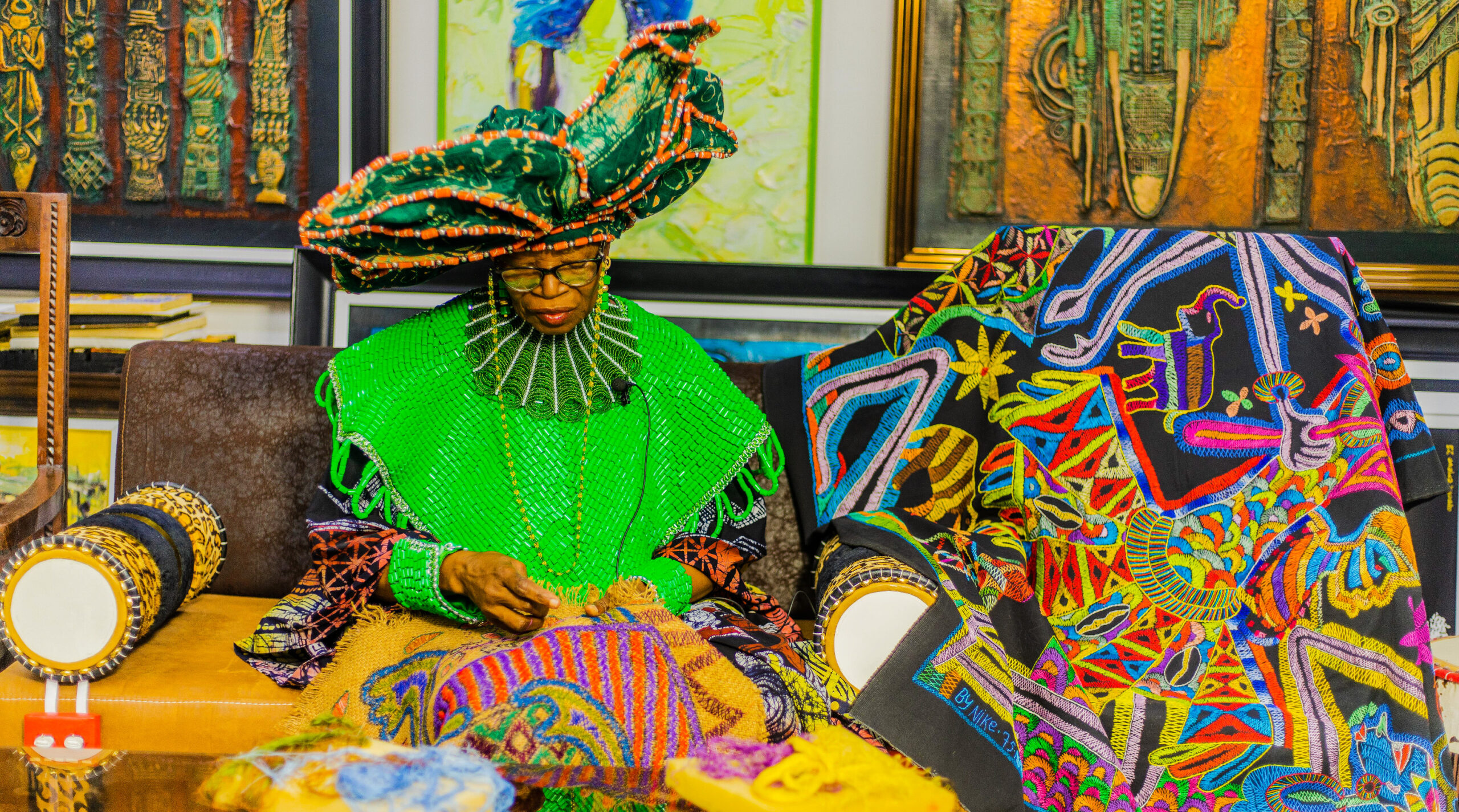
Although they struggle with an obvious disadvantage because of their frail line of sight, nonetheless Nigerians nursing whether mild or severe poor vision still find something to savour simply by matching their recommended eyewear with the type of dress they are putting on, which looks like comfort.
That is how a social enterprise founded in 2001 understands the situation interacting with the Nigerian audience who needs it to cope with blurriness when they need to view things, which is pretty much all the time except when they are asleep.
Good eyesight allows for faster decision-making in partnership with four other sense organs, but over 70 million Nigerians reportedly do not have this, hence VisionSpring’s mission to remedy the situation. Thirty-two percent of this number however cannot access affordable eye care, making them live far below their limit mostly in the remote areas.
As we count down to World Sight Day, we want to show that for workers, especially artists like Clara, clear vision isn't just about seeing better – it can be about preserving craft, culture, and livelihoods.#WorldSightDay #LoveYourEyes #WorldOfWork #DignityOfChoice #Creativity pic.twitter.com/b3chYUbV0i
— VisionSpring (@VisionSpring) September 18, 2024
It is especially those existing with their blurry sight that the company is targeting. No longer will remote villages need to struggle with the discouragement that pricey eyeglasses tend to bring.
After it has become obvious that their natural eyes will no longer be able to do the needed job, residents of low-income communities find themselves wanting to visit an optician but are deterred by the money they need to pay for tests that drive a specific eyewear recommendation.
Well, right now, it is the opportunity they are giving people to choose that the company is celebrating. VisionSpring discovered its motivation in the Yucatán Peninsula, Mexico when the founder Jordan Kassalow was just 23 years old.
ALSO READ: PWDs get wheelchairs, promised vocational training from NCDMB
Launching a range of new targeted products in Lagos tagged the ‘Dignity of Choice’, is the global organisation expanding its reach. Those who need this have encountered shaming for their sight deficit but with an arrangement of fresh attractive designs, that is likely to go away because the users will be able to choose what works best for their personality.
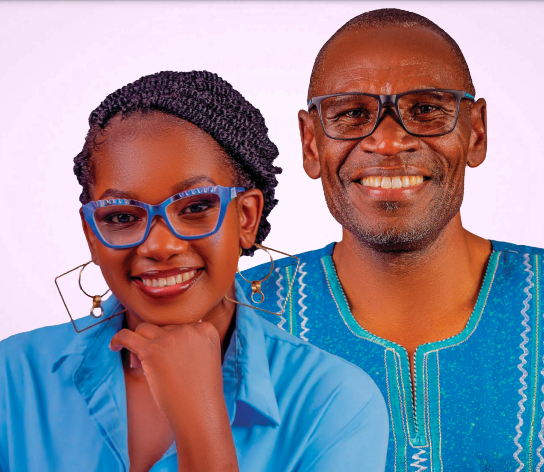
This is the direct way the chief executive officer Ella Gudwin sees things unfolding following the launch that the BusinessDay magazine witnessed. She said eyeglasses don’t just help us to see better, they are a part of our identity and our personal style. A reason for coming up with this is because we believe that every eyeglasses-wearer should be able to choose a pair of frames that they love.
Up to 23 colours and 29 designs are available to the vision-burdened demography who want to switch up their style. They will be low-income earners according to VisionSpring Africa Regional Director Gabriel Ogunyemi, African regional director who sees the productivity of users being improved.
With partners, there is a better chance of speeding up the heavy lifting. That is what the producers are going to be doing with the Fatima iCare in neighbouring Ibadan in Oyo State. Lagos even though is Africa’s largest city represents only a slight percentage of the 70m Nigerians who have blurry eyes as a challenge.
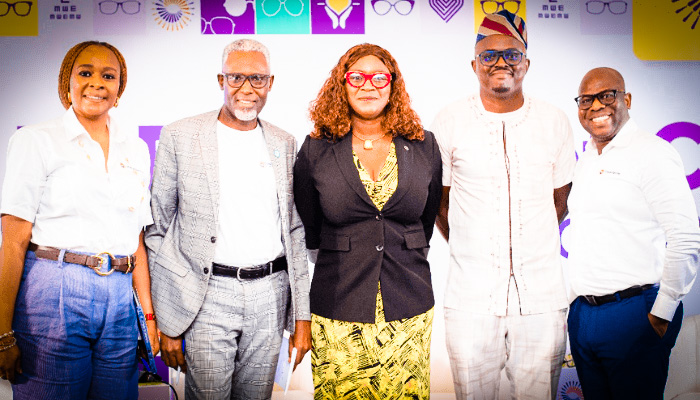
For Ibadan residents, appearance is a driving factor in bringing in new customers. The CEO of Fatima iCare is Musa Mutali who based on exposure and professional insight testifies that design is the major factor for every customer, no matter their income level.
You have people coming to the outreach camps to choose their preferred colours and shapes and sometimes you even find them wanting to match their eyeglasses to their outfits. Giving people a choice matters.



